IHC is awarded eight new CEEC contracts from FCT
Oct 22, 2025 | News
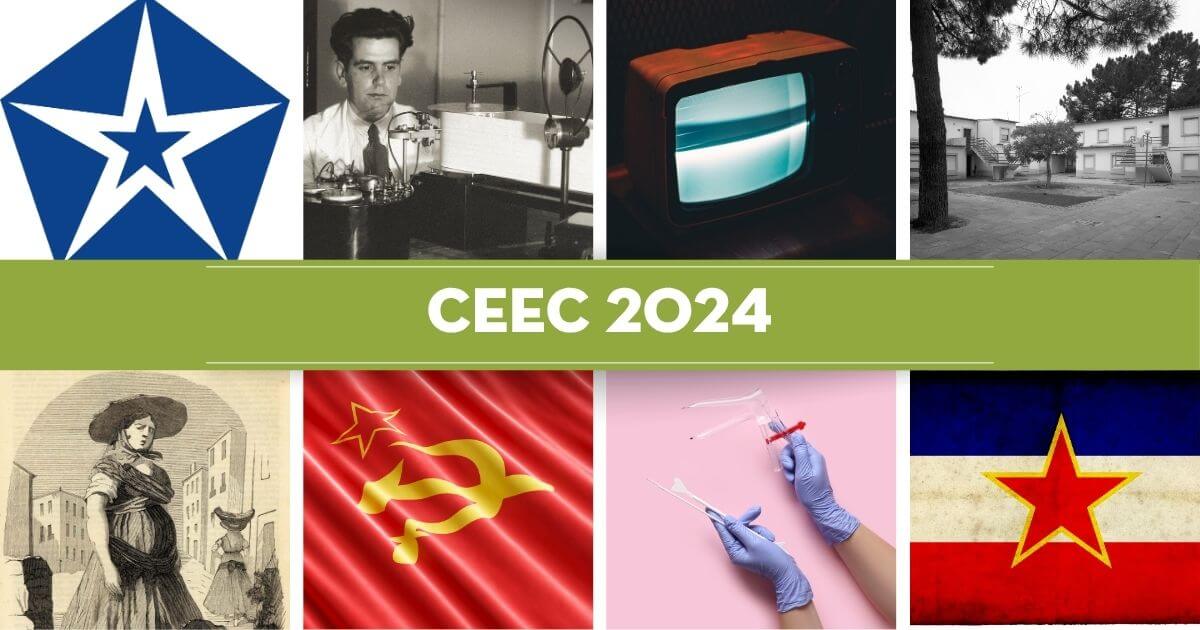
Now that the results of the seventh edition of the Call to Scientific Employment Stimulus (CEEC), promoted by FCT, are known, we are delighted to announce that IHC has won eight new research contracts: four in the Junior Researcher category and four in the Assistant Researcher category, which will result in the integration of four new members into the Institute.
In the category of Assistant Researcher, Aurora Almada e Santos will continue her research on multilateralism, now studying Portugal’s involvement in the mandate system established by the League of Nations, in correlation with other imperial powers. The aim is to broaden understanding of the use of international organisations as a means of coordinating imperialism and, at the same time, as a platform for competition between imperial powers.
Quintino Lopes, also in the category of Assistant Researcher, will consolidate the research begun with his Junior Researcher contract and the PHONLAB project. Taking the Coimbra Phonetics Laboratory as a case study, the new project aims to understand the development of science during the 20th century by revealing scientific practices from the “periphery” that have not been taken into account in the history of science until now.
Rita Luís, currently a researcher and science manager at IN2PAST, will resume her research on censorship in the Iberian Peninsula as an Assistant Researcher at the IHC, focusing on its effects on everyday life: how did censorship transform ideologies into practices? Who enforced them and how did they evolve? Television will be her primary focus for analysing cultural transformations in terms of social customs, consumption and cultural practices.
Finally, Paulo Catrica, also as an Assistant Researcher, will continue the project initiated under IN2PAST exploratory funding, stimulating a critical and mnemonic reading of the new city of Vila Nova de Santo André through a set of multidisciplinary initiatives that combine history with the ideological matrix of architecture and urbanism, oral history, photography, and anthropology. The research will be carried out in the context of the Sines Industrial Complex.
In the Junior Researcher category, Ana Mafalda Lopes, who had been a researcher on the VINCULUM project, is starting a new project dedicated to female migration, namely the migration of women from rural areas to the city of Lisbon during the transition to the industrial period. The project aims to rethink the phenomenon of migration, highlighting the importance of urbanisation in creating new job opportunities for women, but also in the development of new forms of sociability and social control by the authorities.
Arriving from Spain, Eduardo Abad García, also a Junior Researcher, proposes to examine the role of orthodox dissent within the international communist movement from a comparative and transnational perspective — a phenomenon that has been little explored. His aim is to contribute to a more diverse and inclusive global history of communism by exploring how orthodox communist ideas circulated transnationally and shaped subjectivities, solidarities and networks.
Sam Fernandez Garrido, also from our neighbouring country and a Junior Researcher, will focus on the material culture of Spanish gynaecology, examining the role of clinical objects as active agents in the formation of biomedical knowledge about the female body. This is a challenging interdisciplinary project, based on the intersection between the history of medicine, medical anthropology, and gender studies.
We will also host Ewa Kumelowski, Junior Researcher from Poland, with a project also focused on women: their experience in World War II in the Yugoslav Partisan Medical Corps — fertile ground for exploring how traditional gender structures were challenged, maintained, and negotiated in the Yugoslav experience of World War II. The aim is to expand our understanding of the complexities of everyday life in wartime to include a variety of women whose contributions have been largely omitted from the dominant historical narratives.
Once again, we congratulate the candidates we supported on their excellent results and regret that so many others of equal calibre have not yet had the opportunity to obtain a CEEC contract.
Other news
-
 Between 2 and 31 March, at the Portuguese Cinematheque
Between 2 and 31 March, at the Portuguese Cinematheque -
 She is now a Visiting Researcher at CAST, University of Bologna
She is now a Visiting Researcher at CAST, University of Bologna -
 Following elections held on 15 December 2025, the new governing bodies took office for the 2026-2028 term
Following elections held on 15 December 2025, the new governing bodies took office for the 2026-2028 term -
 Applications are open until 16 February
Applications are open until 16 February -
 Will take office as a Full Member
Will take office as a Full Member -
 The city took up the challenge launched by the IHC last year
The city took up the challenge launched by the IHC last year -
 Distinguished social and cultural historian from the University of Oxford
Distinguished social and cultural historian from the University of Oxford -
 Film cycle focusing on the relationship between his work and this art form
Film cycle focusing on the relationship between his work and this art form -
 Special supplement to the journal História, Ciências, Saúde — Manguinhos
Special supplement to the journal História, Ciências, Saúde — Manguinhos -
 Awarded jointly by the IHC and the Monument to the Discoveries / Lisboa Cultura
Awarded jointly by the IHC and the Monument to the Discoveries / Lisboa Cultura -
 The IHC is one of the participating institutions of the Transatlantic Crossroads Lab
The IHC is one of the participating institutions of the Transatlantic Crossroads Lab -
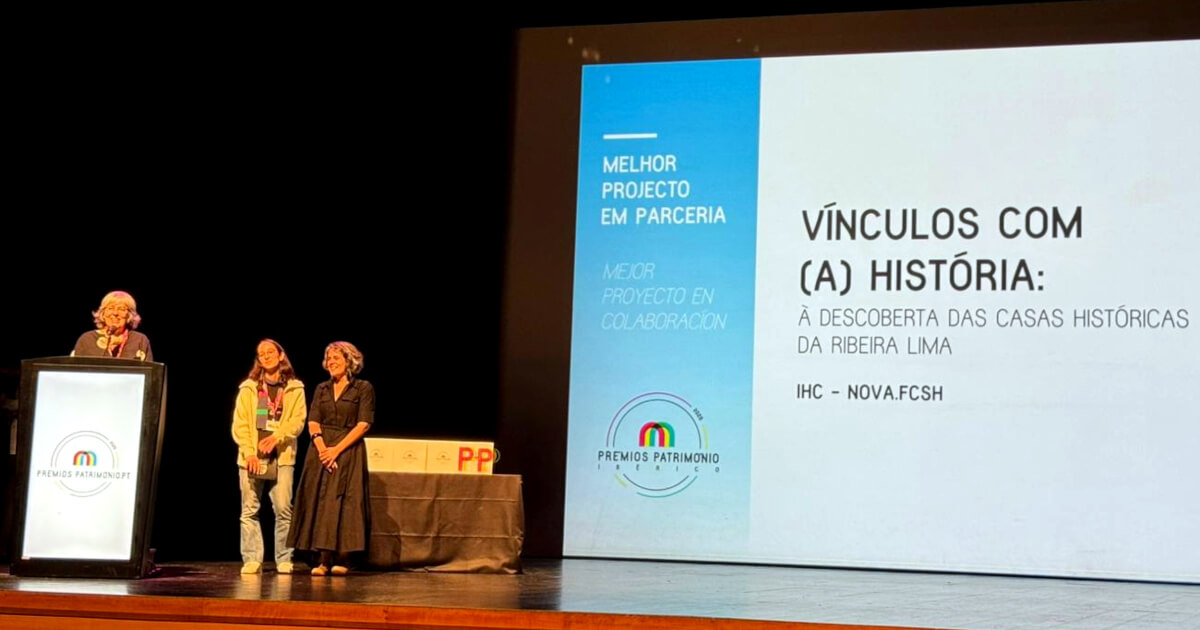 It was the winner of the Best Partnership Project
It was the winner of the Best Partnership Project -
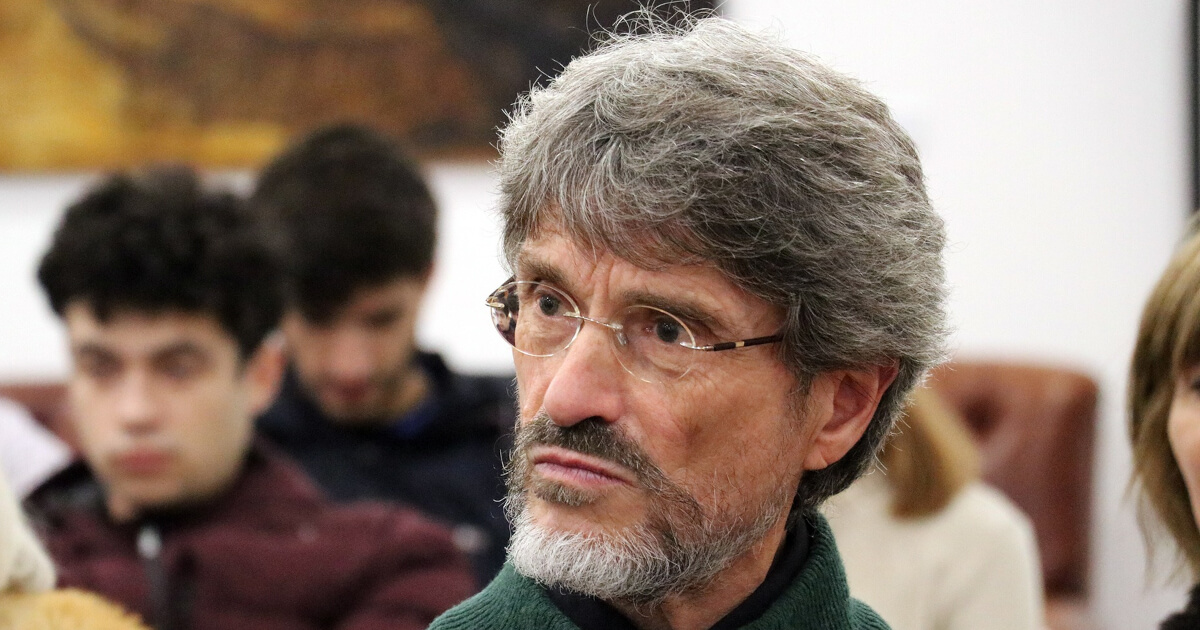 The commemorative session marked his retirement
The commemorative session marked his retirement -
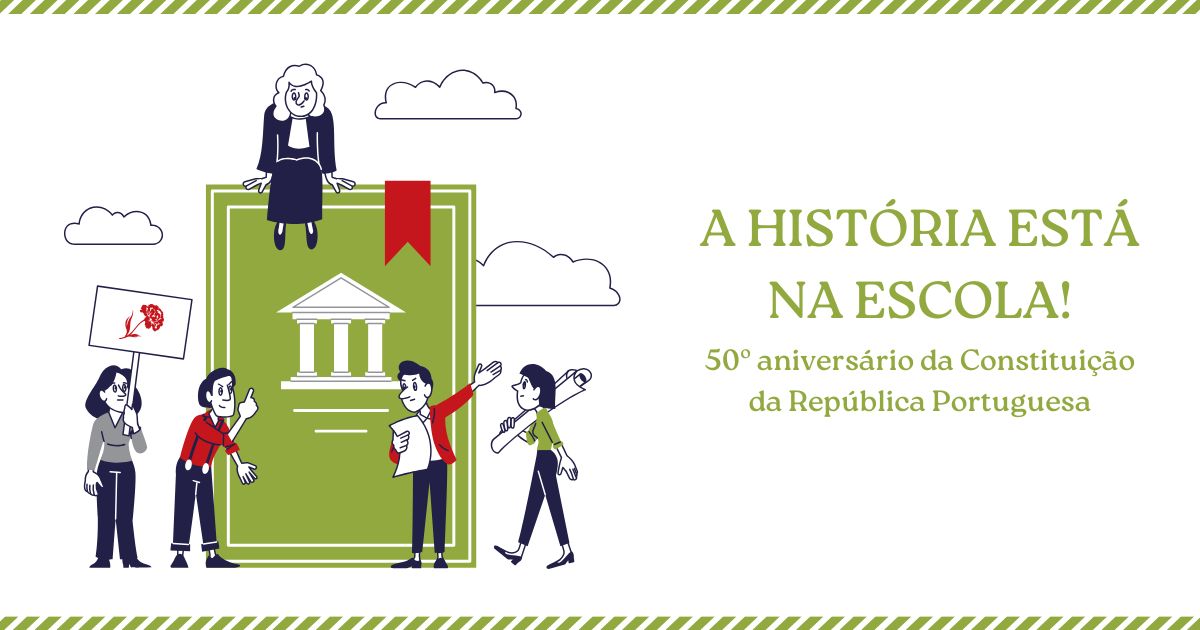 Programme aims to familiarise students with historical research and its tools
Programme aims to familiarise students with historical research and its tools -
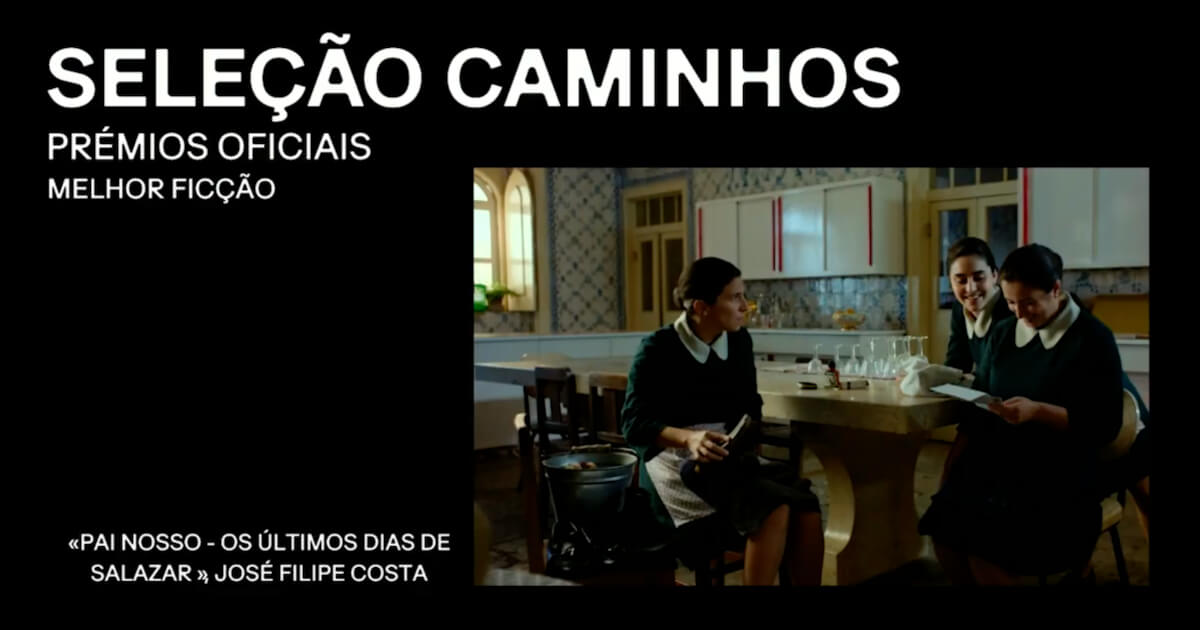 received three awards at the Caminhos do Cinema Português festival
received three awards at the Caminhos do Cinema Português festival -
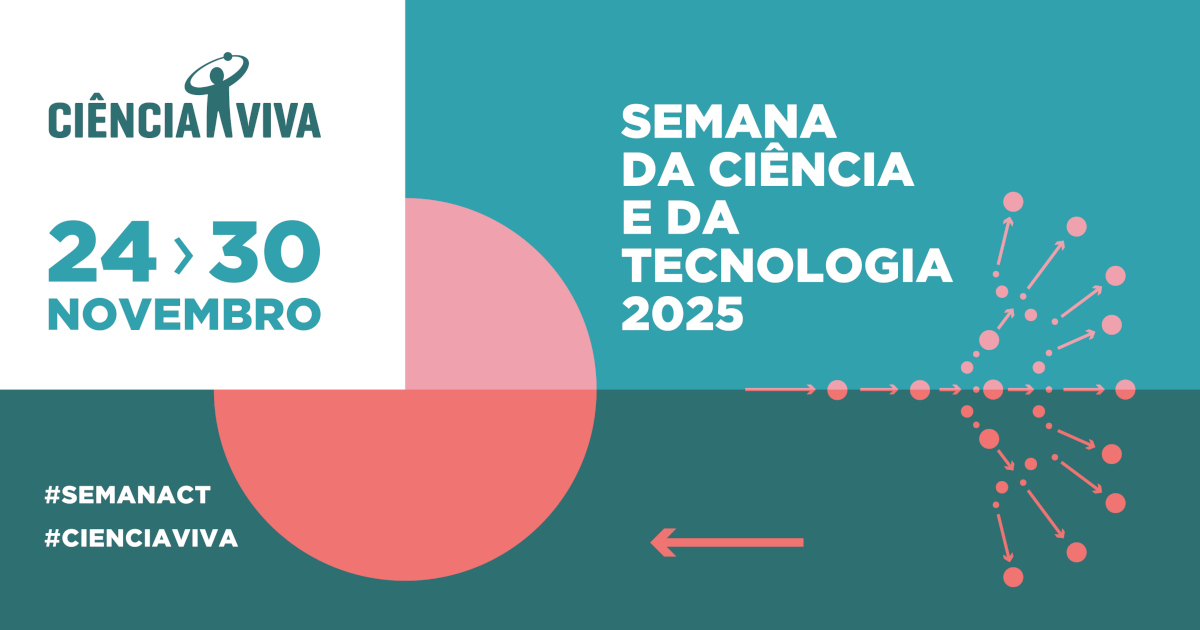 The two activities hosted by the IHC will take place on 25 November
The two activities hosted by the IHC will take place on 25 November -
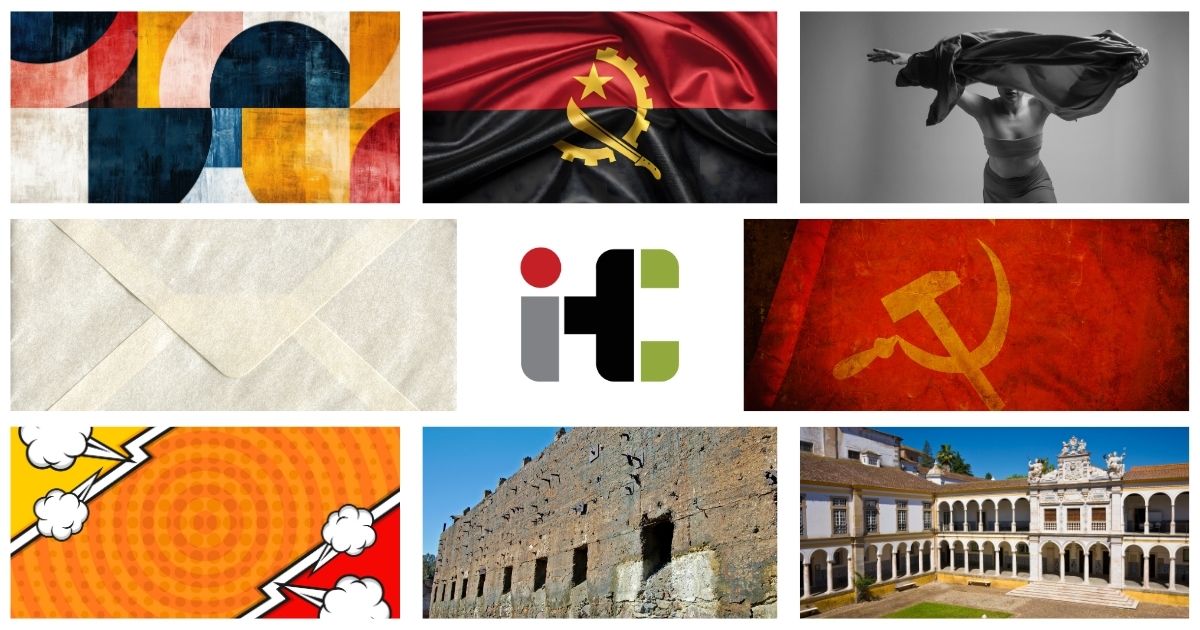 The IHC supported applications for four different PhD Research Scholarships calls
The IHC supported applications for four different PhD Research Scholarships calls -
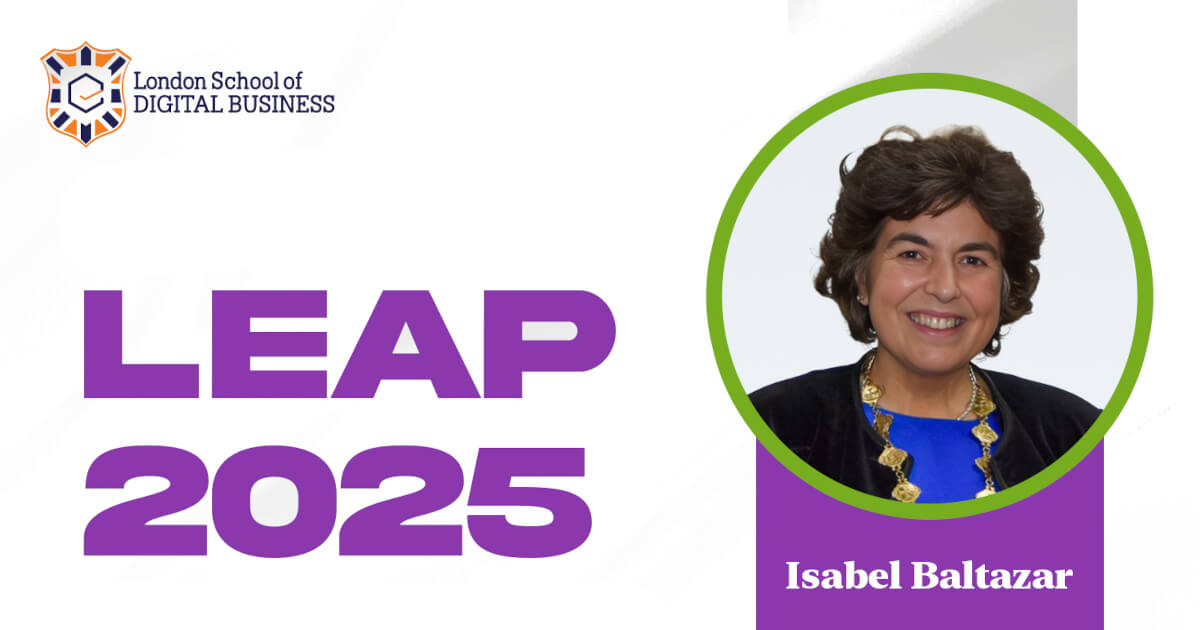 Isabel Baltazar was honoured at the International Educational Awards
Isabel Baltazar was honoured at the International Educational Awards
Search
Opportunities
FCT’s PhD Studentships
Deadline (IHC): 15 March 2026
Postdoctoral Research Fellowship — CATTLE IN MOTION
Deadline: 18 February 2026
News
VINCULUM — An end and a new beginning
Feb 24, 2026
FCSH hosted the closing session of the VINCULUM project
In March, Lisbon becomes the Capital of International Intrigue
Feb 21, 2026
Between 2 and 31 March, at the Portuguese Cinematheque
Anita Buhin is on a research mission in Italy
Feb 20, 2026
She is now a Visiting Researcher at CAST, University of Bologna






